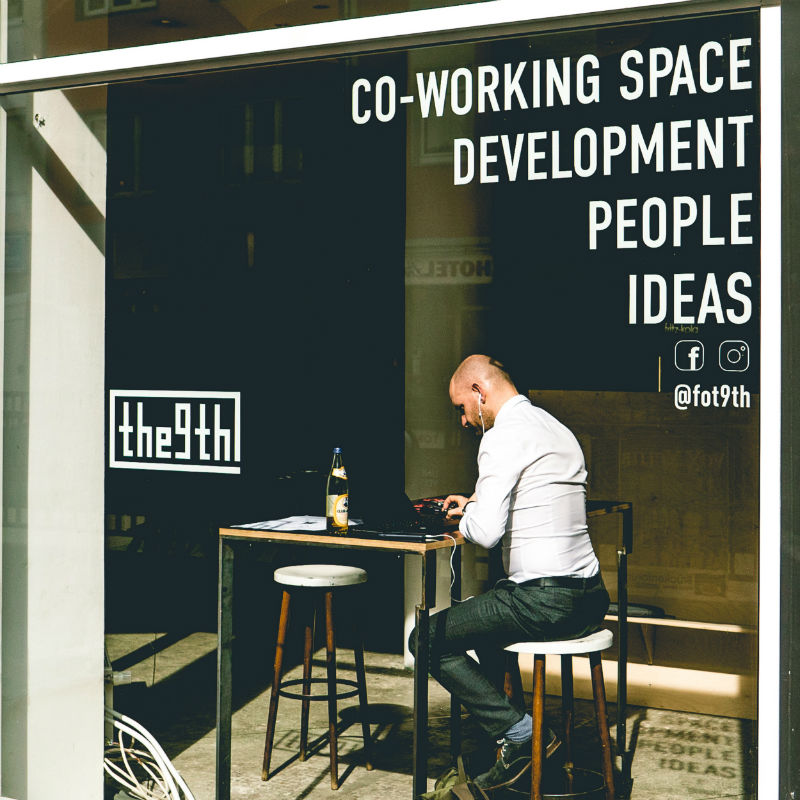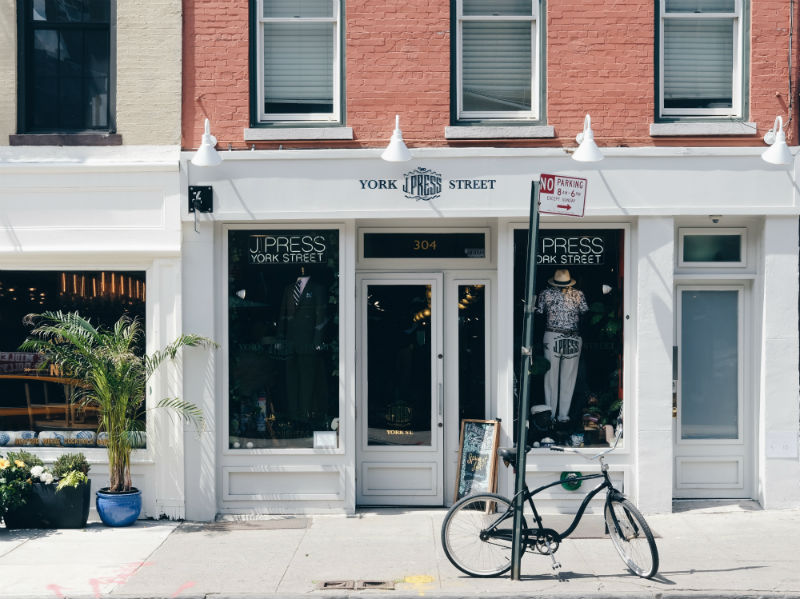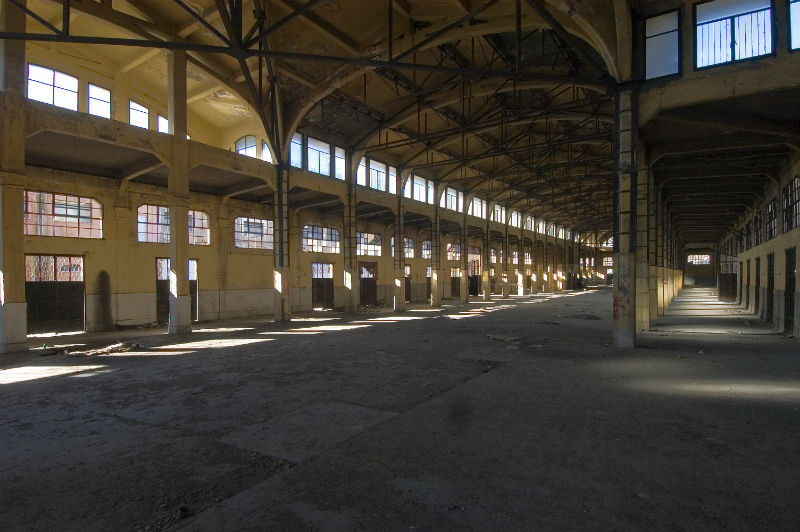
For commercial renters, subletting their rental unit can be a profitable way to maximize their usable space. Successful subleases are a win-win situation for both sublessors and sublessees; the sublessor provides much-needed commercial space to the sublessee, and in-return the sublessee provides financial support to the sublessor via rent and other non-rent payments.
However, subletting commercial space is somewhat of a gamble, particularly for the sublessor. First and foremost, sublessors should ensure they are able to sublet their rental space before making any commitments to potential sublessees. Perhaps unsurprisingly, not all landlords allow tenants to sublet. How do you know if you’re able to sublet your rental space? This determination often comes-down to three factors:
- State- and Municipal-Regulations
- The Commercial Lease Agreement
- Landlord Consent
Rules regarding commercial subletting can vary state-by-state, and even county-by-county. For example, subletting in California requires a landlord’s written consent. However, this isn’t necessarily a requirement around the State’s larger metro-areas, like San Francisco.
After reviewing the local ordinances, you’ll need to revisit the terms and conditions of your original commercial lease. The lease should contain specific language on subletting (however, these provisions are often missing). If subletting provisions are indeed absent, you’ll need to gain permission from the landlord. Unauthorized sublets can—and often-times do—result in legal action against the unauthorized sublessor.
So long as the landlord’s permission is granted and the sublet arrangements are compliant with local laws, tenants are allowed to sublease their unit to whom every they wish. However, choosing a sublessee is a rather important decision that must be given due consideration.
Talk to a Commercial Lease Lawyer
The Subletting Process (from the Tenant’s Perspective)
Perhaps the first step to a successful sublease arrangement is to ensure you understand the current limitations and responsibilities under your original lease agreement. Once you have a complete understanding of your own rental responsibilities, you can start to consider how those obligations can be split with a sublessee.
Finding a reliable and trustworthy sublessee is a non-trivial task. For sublessors, it’s imperative to understand that the actions of your sublessee are your responsibility, not the landlord’s. Should your sublessee fall-behind on payments, compensating the landlord is your obligation. Likewise, building damages incurred by the sublessee are in-fact your responsibility.
Whether or not this is a ‘fair’ arrangement is debatable. However, it is certainly within the confines of the law. In other words, the lease agreement between you and your landlord is a legally-binding contract, whereas the written agreement between you and your sublessee is not. Therefore, you are legally liable for any and all responsibilities of your sublessee. Before making any commitments to a sublessee, ask for credit reports, criminal histories, and bank statements. This is certainly a fair request, considering the personal risk you are taking.
Once you find a reliable and trustworthy sublessee, the next step is to draft a “commercial sublease agreement”. Although these contracts are largely non-legal documents, it’s important to have written terms so that both parties understand their responsibilities and rights.
The sublease agreement will largely mirror the original lease, however the sublessor can modify the terms as they wish. For instance, they can set their own rental rates, deposit requirements, insurances, and utility payments. It’s wise to notify the landlord of the terms of your sublease agreement, although it’s often not required and may depend on state-specific regulations.
Talk to a Commercial Lease Lawyer
The Pros and Cons of Commercial Subletting
If done right, subletting can be a winning situation for both parties. However, it’s critical that tenants be prudent and selective when choosing a sublessee. A trustworthy sublessee can be beneficial for a number of reasons:
- Assistance with Rent Obligations
- Assistance with Non-Rent Obligations
- Benefits regarding Shared Resources, Customers, or Increased Business Exposure
- Contract Flexibility and Malleability
Because the relationship between the sublessor and sublessee is non-legal, the sublease contract tends to be adjustable. This is great if tenants are in-need of immediate financial assistance or looking for a more flexible rental relationship. However, this also means that the sublease agreement isn’t legally-enforceable, creating an incredibly risky situation for sublessors.
An unreliable sublessee can cause all kinds of financial and liability crises. This is largely because the tenant is taking-on a notable amount of responsibility when subletting their unit:
- Sublessors are Completely Liable for their Sublessee
- Subletting Increases Workload for Tenants
Talk to a Commercial Lease Lawyer
The Bottom Line for Tenants
Before considering a sublessee, it’s important to determine whether you’re legally allowed to sublet your unit. This usually depends on three factors: state regulations, the current lease agreement, and the landlord.
It’s critical that both parties in a sublease agreement understand their responsibilities and obligations. For sublessors, the success of your sublet arrangement largely depends on who you decide to sublet to: always be selective. Remember, while the landlord-tenant agreement represents a legal relationship, the sublessor-sublessee agreement does not. As a sublessor, you are liable for the actions—or inactions—of your sublessee.
Always keep the landlord in-the-loop when subletting your unit, even if their consent isn’t required by-law (after-all, it is their property). In general, landlords should be involved in the subletting process, which includes choosing a sublessee, setting the rates, and drafting the sublease agreement.
 June 18, 2019
June 18, 2019

